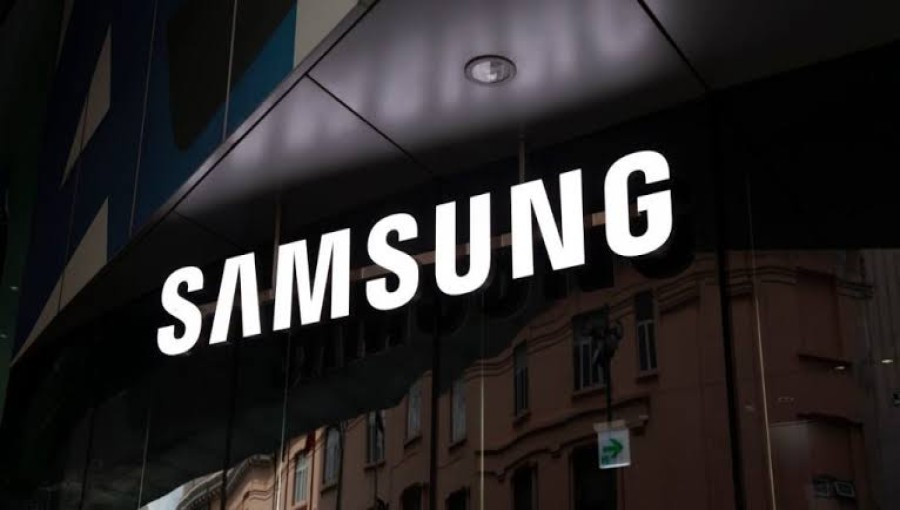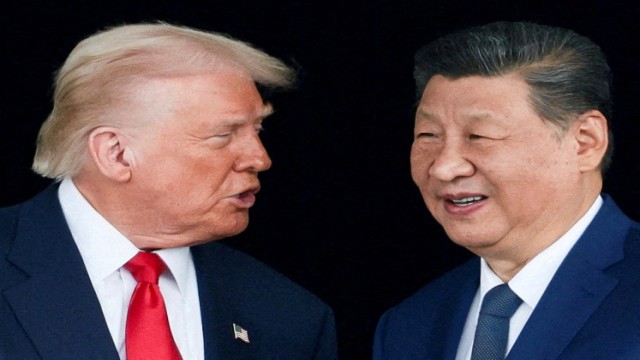For the first time in 55 years, the union representing thousands of workers at Samsung Electronics has called a strike, demanding a pay rise. This significant move comes as negotiations with the company over salary increases have reached a stalemate. The British media, BBC, reported this development on Wednesday.
The union, comprising 28,000 members, represents more than one-fifth of Samsung Electronics' total workforce. At a press conference, a union representative declared, "We can no longer tolerate the oppression of labor unions. I have announced the strike in response to the company's negligence towards the workers."
The union is demanding a 6.5% pay increase and a bonus linked to the company's total earnings. Despite several discussions this year with the company's managing directors, no agreement has been reached.
Analysts warn that a full-scale strike could significantly impact Samsung's production of computer chips and disrupt the global electronics supply chain. As Samsung Electronics is the flagship unit of the Samsung Group, which is the largest of South Korea's family-controlled conglomerates, any disruption could have broad economic repercussions.
Established on January 13, 1969, Samsung Electronics has long been a dominant force in South Korea's economy. Notably, the company was known for not allowing unions to represent its workers until recent years. This changed after the company faced legal challenges, including lawsuits against its chairman for market manipulation and bribery, which exposed widespread irregularities.
Following the strike announcement, shares of Samsung Electronics fell about 2% in Seoul, reflecting investor concerns over potential disruptions and the impact on the company's operations.
The strike marks a pivotal moment in Samsung Electronics' history, highlighting ongoing labor tensions and the growing assertiveness of worker unions in South Korea. The outcome of this strike and the subsequent negotiations will be closely watched, given its potential to influence labor relations and economic dynamics within one of the world's leading technology giants.



























Comment: